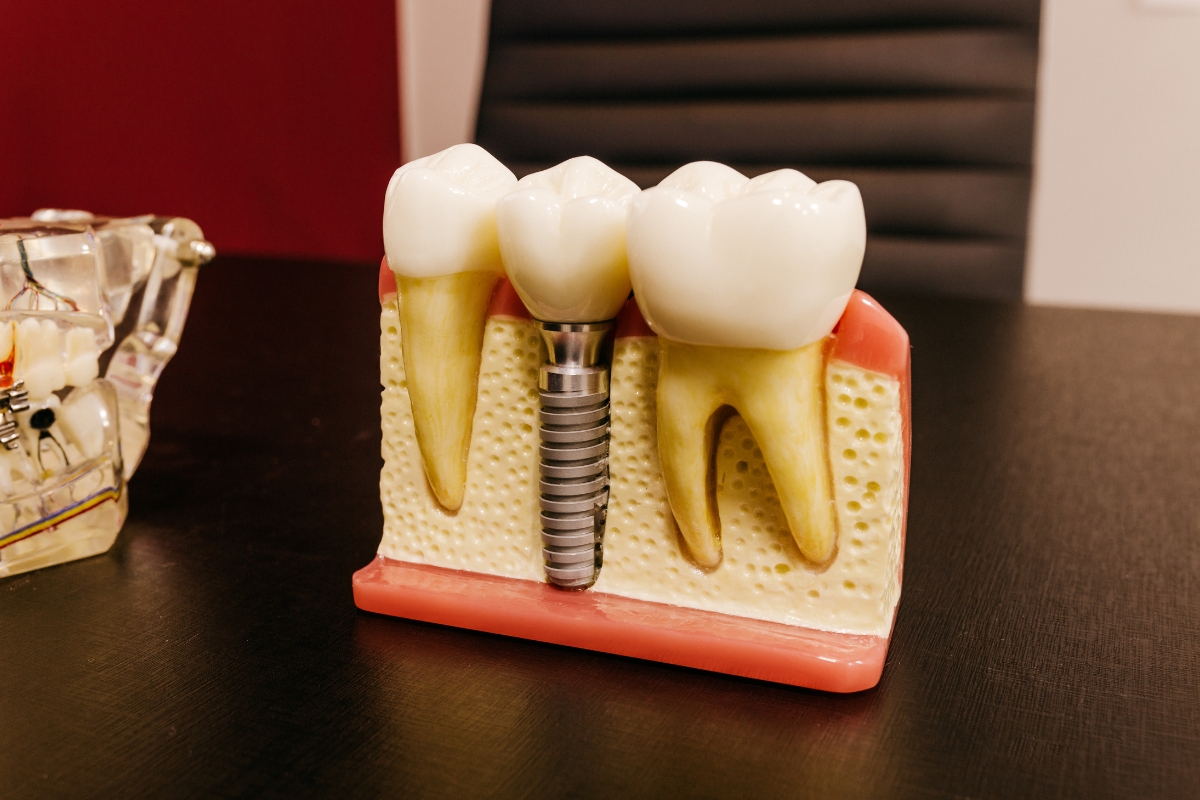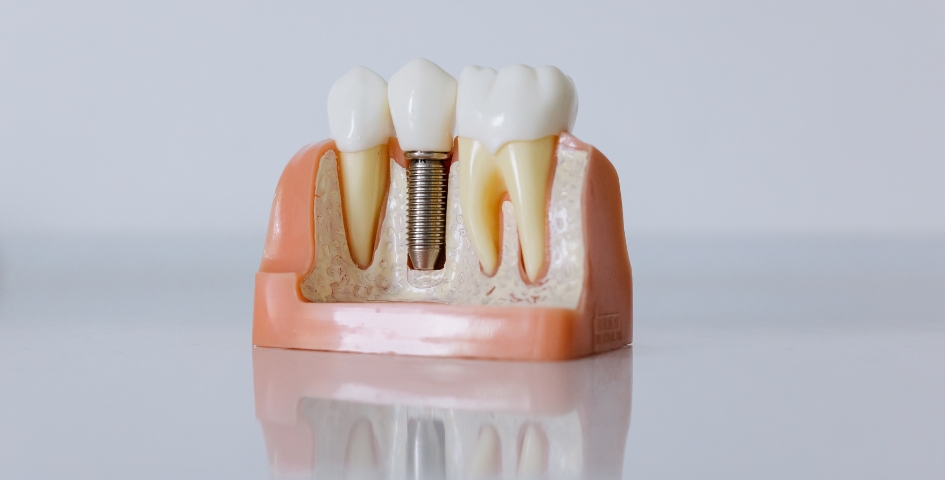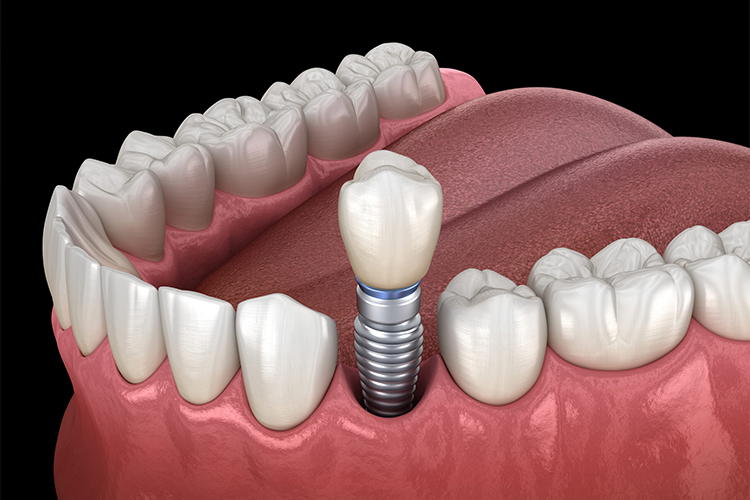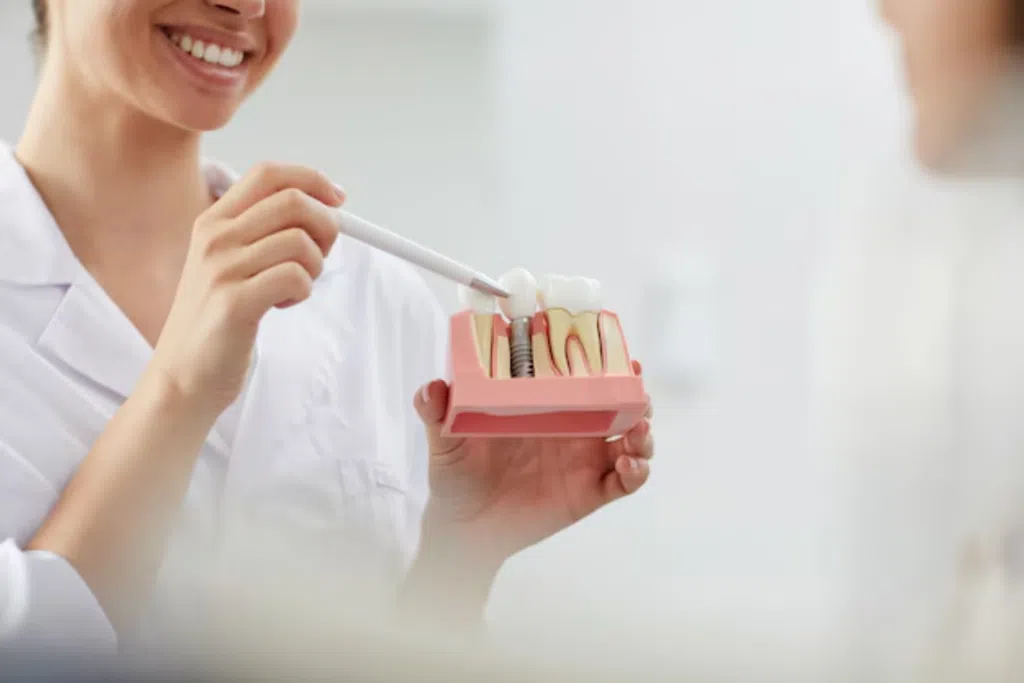
Dental implants are a fantastic solution for replacing missing teeth, offering a long-lasting and natural-looking alternative to dentures and bridges. However, the success of dental implants doesn’t just depend on the skill of the dentist and the quality of the implants; it also requires diligent care and maintenance by the patient. Proper care is essential to ensure the longevity of your dental implants and to keep your overall oral health in check.
In this comprehensive guide, we will explore various tips and tricks on how to care for your dental implants. Whether you’re a new implant recipient or have had them for years, this post will provide valuable insights to help you maintain a healthy and beautiful smile.
Understanding Dental Implants
Before diving into the care tips, it’s important to understand what dental implants are and how they work. A dental implant is a small titanium post that is surgically placed into the jawbone where the root of a missing tooth would have been. Over time, the implant fuses with the bone in a process called osseointegration, creating a strong foundation for a replacement tooth (crown).
Dental implants are designed to be permanent and can last a lifetime with proper care. However, they are not immune to issues such as gum disease or implant failure, which is why proper care is crucial.
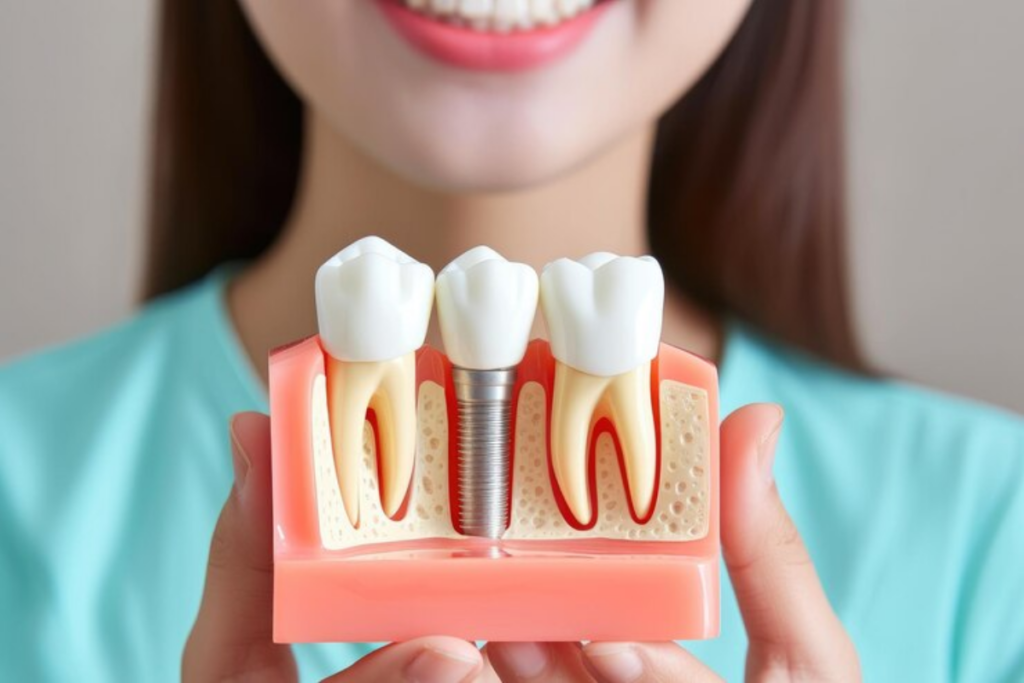
Daily Care Routine for Dental Implants
Just like natural teeth, dental implants require a consistent and thorough daily care routine to prevent complications such as infections, implant failure, or peri-implantitis (an inflammatory condition affecting the gums and bone around the implant). Here’s how to care for your dental implants on a daily basis:
1. Brushing
- Use a Soft-Bristled Toothbrush: It’s essential to use a soft-bristled toothbrush to avoid damaging the implant surface or irritating the surrounding gum tissue. Electric toothbrushes with soft bristles are also an excellent option as they can effectively clean around the implant.
- Brush Twice a Day: Make it a habit to brush your teeth twice a day, ensuring you clean all sides of the implant thoroughly. Pay extra attention to the gumline where plaque can easily accumulate.
- Use Low-Abrasive Toothpaste: Avoid using toothpaste that is too abrasive as it can scratch the surface of the implant or the surrounding teeth. Opt for toothpaste specifically designed for dental implants or sensitive teeth.
2. Flossing
- Daily Flossing: Flossing is a crucial part of your dental implant care routine. Use dental floss to remove food particles and plaque from between your teeth and around the implant. Special implant floss, which is thicker and designed to clean around implants, can be particularly effective.
- Consider Water Flossers: If traditional flossing is challenging, consider using a water flosser. These devices use a stream of water to clean between teeth and around implants, making it easier to reach difficult areas.
3. Rinsing
- Antimicrobial Mouthwash: Rinsing with an antimicrobial mouthwash can help reduce bacteria in your mouth, lowering the risk of infection around the implant. Look for mouthwash that is alcohol-free to avoid drying out your mouth.
- Saltwater Rinse: A saltwater rinse is a gentle way to keep your mouth clean, especially in the days following your implant surgery. It can help soothe the gum tissue and reduce inflammation.
4. Maintaining Oral Hygiene Around the Implant
- Interdental Brushes: These small brushes are designed to clean between teeth and around implants. They are particularly useful for reaching areas that a regular toothbrush may miss.
- Rubber-Tip Stimulators: These tools can help clean along the gumline and massage the gums, promoting healthy circulation and reducing the risk of gum disease around the implant.
Dietary Considerations for Dental Implant Care
What you eat and drink plays a significant role in the health of your dental implants. A balanced diet not only supports overall health but also contributes to the longevity of your implants. Here are some dietary considerations to keep in mind:
1. Avoid Hard and Sticky Foods
- Hard Foods: Foods like hard candies, ice, and nuts can put excessive pressure on your implants and may even cause damage to the crown or abutment. It’s best to avoid these foods or consume them with caution.
- Sticky Foods: Sticky foods like caramel, toffee, and gum can get stuck around your implants and are difficult to remove. They can also pull on the crown, potentially loosening it.
2. Limit Sugary and Acidic Foods
- Sugary Foods: High-sugar foods and drinks can lead to plaque buildup around your implants, increasing the risk of gum disease and decay in surrounding teeth. Limit your intake of sugary snacks and beverages.
- Acidic Foods: Foods and drinks that are high in acidity, such as citrus fruits and soda, can erode the enamel of your natural teeth and irritate the gum tissue around your implants. If you consume acidic foods, be sure to rinse your mouth with water afterward to neutralize the acid.
3. Stay Hydrated
- Drink Plenty of Water: Water is essential for maintaining good oral health. It helps wash away food particles and bacteria, keeping your mouth clean. Staying hydrated also promotes saliva production, which is important for neutralizing acids and protecting your teeth and implants.
Regular Dental Visits
Regular dental visits are crucial for maintaining the health of your dental implants. Even with the best at-home care, it’s important to have your implants and overall oral health monitored by a professional.
1. Schedule Routine Checkups
- Frequency: It’s recommended to visit your dentist every six months for a routine checkup. However, depending on your individual case, your dentist may recommend more frequent visits.
- What to Expect: During these visits, your dentist will check the stability of the implant, assess the health of the surrounding gum tissue, and take X-rays to ensure the implant is properly integrated with the bone.
2. Professional Cleanings
- Importance of Cleanings: Professional cleanings are essential for removing plaque and tartar that can accumulate around your implants and natural teeth. Dental hygienists have the tools and expertise to clean areas that are difficult to reach with regular brushing and flossing.
- Specialized Care: If you have dental implants, your hygienist may use specialized instruments to clean around the implant without damaging it.
3. Monitor for Signs of Complications
- Peri-Implantitis: This is a condition where the tissue around the implant becomes inflamed and can lead to bone loss if not treated. Regular dental visits allow your dentist to detect and treat peri-implantitis early.
- Implant Failure: While rare, implant failure can occur if the implant does not integrate properly with the bone or if there is an infection. Early detection is key to addressing any issues before they become serious.
Managing Common Issues with Dental Implants
While dental implants are generally very successful, it’s important to be aware of some common issues that can arise and how to manage them.
1. Gum Inflammation
- Cause: Inflammation around the implant is often caused by plaque buildup or improper cleaning.
- Management: Improve your oral hygiene routine by brushing and flossing more thoroughly. Rinsing with an antimicrobial mouthwash can also help reduce inflammation. If the inflammation persists, visit your dentist for further evaluation.
2. Loose Implant or Crown
- Cause: A loose implant or crown can result from improper placement, bone loss, or damage to the implant.
- Management: If you notice that your implant or crown feels loose, it’s important to contact your dentist immediately. Early intervention can prevent further complications and may involve adjusting the crown or replacing the implant.
3. Sensitivity or Discomfort
- Cause: Some patients may experience sensitivity or discomfort around the implant, particularly during the healing process.
- Management: Over-the-counter pain relievers can help manage discomfort. If the sensitivity persists or worsens, consult your dentist to rule out any underlying issues.
Lifestyle Tips for Maintaining Dental Implants
Beyond daily care, there are several lifestyle factors that can impact the longevity of your dental implants. Incorporating these tips into your routine can help ensure the success of your implants.
1. Quit Smoking
- Impact of Smoking: Smoking is a significant risk factor for implant failure. It can impair healing, increase the risk of infection, and lead to complications such as peri-implantitis.
- Quitting: If you smoke, quitting is one of the best things you can do for your oral health and the success of your dental implants. Seek support from your dentist or a healthcare professional if you need help quitting.
2. Manage Stress
- Impact of Stress: High levels of stress can affect your overall health, including your oral health. Stress can lead to habits such as teeth grinding (bruxism), which can damage your implants.
- Stress Management: Practice stress-reducing activities such as exercise, meditation, or hobbies to help manage stress levels. If you grind your teeth, talk to your dentist about getting a mouthguard to protect your implants.
3. Wear a Mouthguard
- For Active Individuals: If you play contact sports or engage in activities where there is a risk of injury to your mouth, wearing a mouthguard is essential to protect your dental implants and natural teeth.
- For Nighttime Grinding: If you grind your teeth at night, a custom-made mouthguard can help protect your implants from damage.
Proper care is essential for the long-term success of your dental implants. By maintaining a consistent oral hygiene routine, avoiding harmful foods, and attending regular dental checkups, you can ensure that your implants remain healthy and functional for years to come. Remember to manage any potential issues promptly and incorporate healthy lifestyle choices, such as quitting smoking and reducing stress, to further protect your investment. With the right care, dental implants can provide a durable, natural-looking solution that enhances your smile and overall oral health for a lifetime. Always consult with your dentist if you have concerns or questions about your implants, as early intervention is key to preventing complications.

